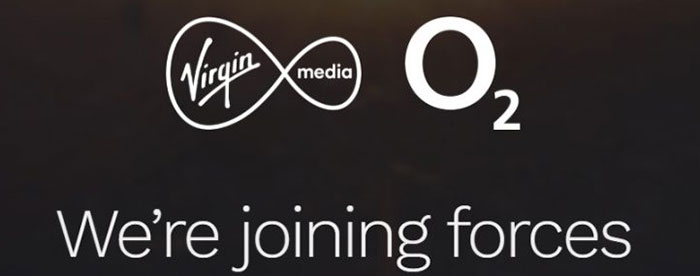The UK's Competition and Markets Authority (CMA) has completed its in-depth Phase 2 investigation into the merger of Virgin Media and O2. In a press release published on Wednesday the CMA said that it has provisionally approved the proposed merger as it is felt that it is "unlikely to lead to any substantial lessening of competition in relation to the supply of wholesale services," currently provided by the separate parties.
HEXUS reported back in May last year that Liberty Global and Telefónica, owners of Virgin Media and O2 in the UK, had agreed to go ahead with a merger of said brands/products/services. The 50/50 joint venture was telegraphed as a £31.2 billion deal that "brings together Virgin Media, the U.K.’s fastest broadband network, and O2, the country’s largest mobile platform". Key benefits of the merger to the parties involved, and customers, were claimed by Telefónica to be as follows:
- Use of existing infrastructure to provide services for each entity’s customers at lower cost compared to standalone / wholesale capabilities;
- Migration of Virgin Media mobile traffic to Telefonica UK’s network;
- Combination of regional and national network infrastructures and IT systems;
- Reduction in combined marketing expenditures;
- Potential to reduce general and administration costs; and
- Site rationalization
Of course, such a sizeable merger requires CMA scrutiny in the UK and the watchdog has now outlined its reasoning and the preliminary investigations that have completed. Initially the CMA was concerned about a merger reducing the quality of the wholesale services provided to corporate customers (that are competitors in the retail market) by Virgin and O2, as well as fears the merged entity could raise prices.

Having looked at the evidence that has been gathered the CMA inquiry group has now provisionally concluded that the deal is "unlikely to lead to any substantial lessening of competition in relation to the supply of wholesale services". Reasons given for this conclusion are that; backhaul costs are a relatively small element of rival mobile companies’ overall costs, there are enough competitors that will still be offering the same services. These conclusions work equally well in both the leased-line and mobile network businesses. Thus, smaller ISPs or MVNO's can always take their business elsewhere if the merged Virgin/O2 becomes uncompetitive.
With this provisional approval behind them, a new powerful converged rival to BT could be formed sometime this summer, reckons a Uswitch mobiles expert talking to the BBC.













